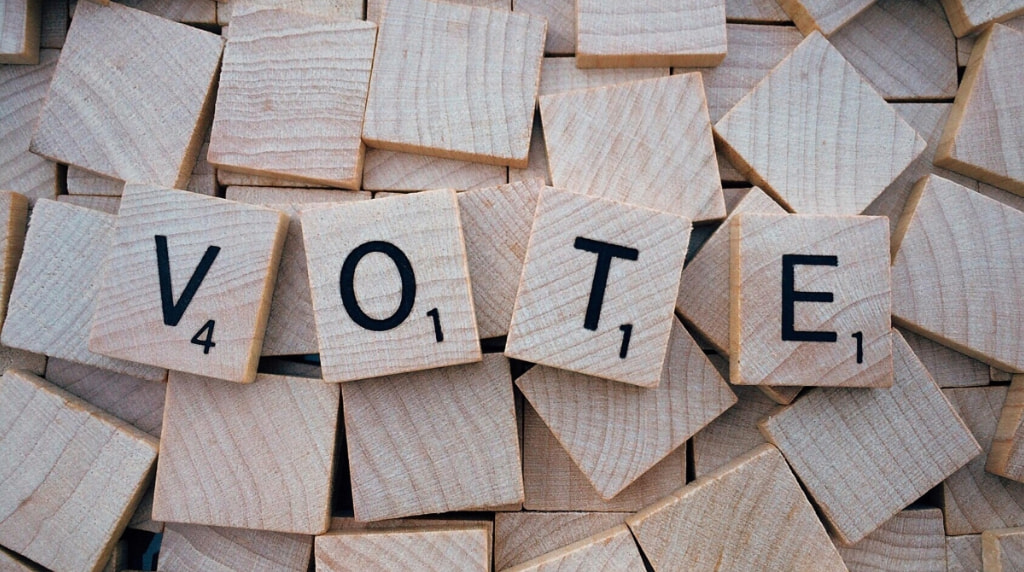Spain Imposes Tax on Poker Players
Spain’s government recently announced changes to how poker players will be taxed from now on. The Ministry of Finance and Spain’s Tax Agency were the ones to make the decision, and to share it publicly. It will affect all professional poker, chess, billiards and card players from here on out within Spanish territories. The change means that these players will be taxed in the same way that professional athletes are; in other words, they are now considered professional athletes for tax purposes.

Spanish authorities have made the decision to define poker players as athletes to ease the taxation process.
©Marin Tulard/Unsplash
The reason for the change
This decision will allow the Tax Agency to finally tax players in the aforementioned categories, so they will pay a part of their earnings within the country of Spain. The Ministry’s decision outlined definitions of the players which equated them with other professional athletes like soccer or tennis players.
An “athlete,” under this definition, is someone who has specific skills, be them physical or mental, to compete and win in a game. Pool players are also considered to fall into the category of mental skills under Spain’s definition.
Who will this rule apply to?
Basically, all poker players who compete in a game for money will be subject to this definition. It does not matter whether they only compete once or multiple times, nor does it matter how frequently they compete.
Another question is whether this rule applies only to Spanish poker players, or also to players living outside of Spain but competing within it. The rule was formulated specifically to address players who live outside of Spain for tax purposes but who continue to compete in Spain. They, too, will be subject to taxation on their gaming earnings.
This has been an issue with cases of players returning and winning significant prizes, but paying no or little tax. Now, the guidelines are very clear that non-residents will also pay for their winnings. There are, however, separate rules for residents of the European Economic Area and those living outside of it.
Those within the EEA will be taxed at a slightly lower rate, 19 percent. Those living outside of it will pay for the privilege to compete in Spain with a higher rate of 24 percent. The destination of the tax revenue has not yet been clarified, though it will likely be a mixture of public projects as well as improvement of the infrastructure for those particular “sports,” as is common with sports betting taxation.
The issue around games of chance
There is a lingering issue based on this new definition of card and pool players from Spain’s authorities. The issue is that if these players are considered to be taking part in a professional sporting activity, rather than in a game of chance, it is unclear where such activities can be held.
Can poker tournaments, for example, be hosted outside of official gaming halls and casinos? Those involved in the industry — particularly organizers and operators of such spaces — will be asking this question, but the government has unfortunately not given any clues about the answer yet.
However, this also means that tournaments taking place outside of gaming halls are not strictly illegal — yet. Therefore, poker fans should be allowed to continue their games, whether for professional or recreational reasons, so long as they abide by any other relevant laws.
Overall, the change has been viewed positively within the industry. Despite the uncertainty about the future organization of tournaments and recreational poker playing, being recognized as a professional sport opens up more pathways for the game than it closes down.
It adds a new gravitas to the game, which will hopefully lead to further recognition and care in how it is organized in Spain in the future. It may even bring more popularity and interest to the new “sport.”
In other poker news, the World Series of Poker 2023 was held in Las Vegas, Nevada in July. This year’s tournament beat the record for most players competing in the main event. This time, 10,042 players faced off for the big prize.



